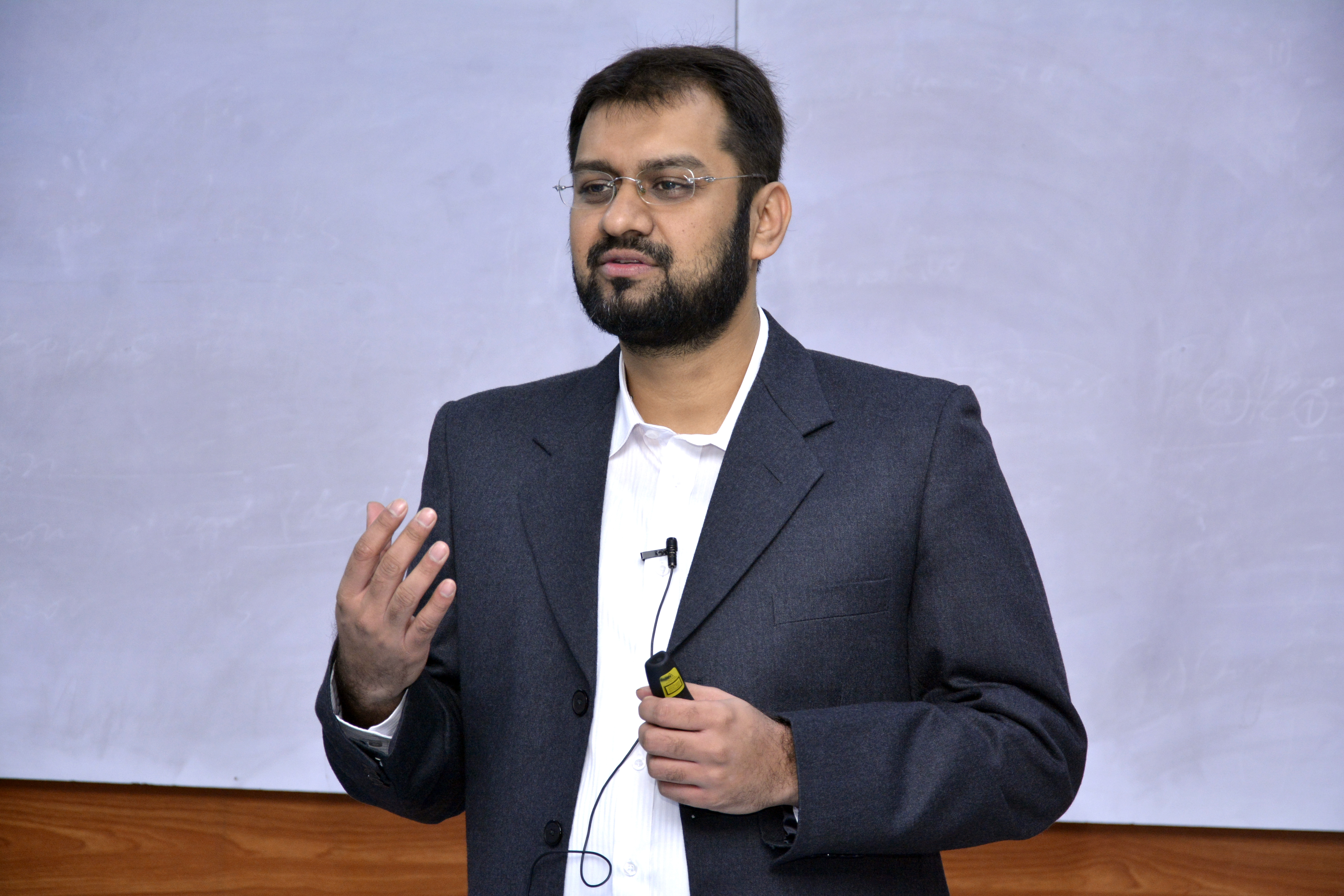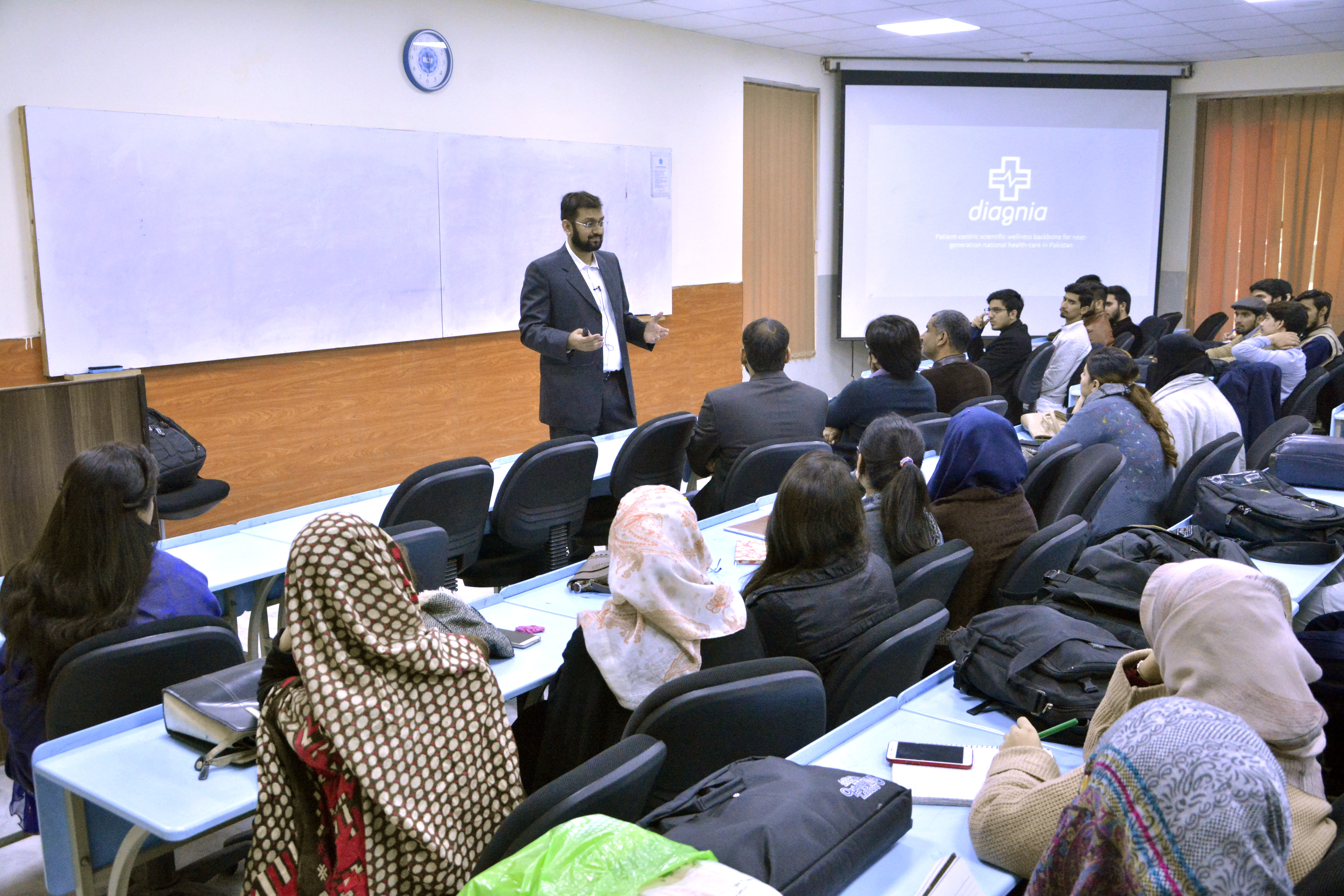Abstract
ATLANTIS - Attractor Landscape Analysis Toolbox for Cell Fate Discovery and Reprogramming
Boolean modelling of biological networks is a well-established technique for abstracting dynamical biomolecular regulation in cells. Specifically, decoding linkages between salient regulatory network states and corresponding cell fate outcomes can help uncover pathological foundations of diseases such as cancer. Attractor landscape analysis is one such methodology which converts complex network state space into a landscape of cell fate wherein each fate is represented by its probability of occurrence. Towards undertaking attractor landscape analysis of Boolean networks, we propose an Attractor Landscape Analysis Toolbox (ATLANTIS) for cell fate discovery, from biomolecular networks, and reprogramming upon network perturbation. ATLANTIS can be employed to perform both deterministic and probabilistic analyses. It has been validated by successfully reconstructing attractor landscapes from several published case studies followed by reprogramming of cell fates upon therapeutic treatment of network. Additionally, the biomolecular network of HCT-116 colorectal cancer cell line has been screened for therapeutic evaluation of drug-targets. Our results show complete agreement between therapeutic efficacies reported by ATLANTIS and the published literature. These case studies sufficiently highlight the in silico cell fate prediction and therapeutic screening potential of the toolbox. Lastly, ATLANTIS can also help guide single or combinatorial therapy responses towards reprogramming biomolecular networks to recover cell fates.

 SPECTRUM: A MATLAB toolbox for protein identification from top-down proteomics data
SPECTRUM: A MATLAB toolbox for protein identification from top-down proteomics dataThe advent of high-resolution proteomics has facilitated accurate protein identification and quantification thus creating avenues for improved disease characterization and diagnoses. Proteomics commonly employs “Bottom-Up” (BUP) and “Top-Down” (TDP) protocols which analyze enzymatically digested and whole proteins, respectively. TDP has an edge over BUP in that it provides for:
(i) measurement of accurate intact protein mass,
(ii) a high sequence coverage and,
(iii) identification of post-translational modifications (PTM).
Since top-down proteomics is a maturing protocol, limited software support is available for associated data analysis in the form of search engine pipelines and algorithms. In this work, we propose “SPECTRUM”, a MATLAB toolbox for analyzing top-down proteomics data. SPECTRUM is free, open source and open architecture toolbox that provides an intuitive search environment for identifying proteins. Its salient features include:
(i) multiple data file format support including extensible markup language (mzXML), Mascot Generic Format (MGF) and flat text files,
(ii) intensity weighted sliding window protocol for intact protein mass tuning,
(iii) de novo peptide sequence tag extraction and its scoring (using fragment intensity, accumulated mass error and tag frequency),
(iv) identification of PTMs using statistically inferred binding sites and blind PTM search,
(v) abundance weighted in silico spectral comparison,
(vi) a multifactorial additive scoring scheme employing coefficient weighted constituent scores, and
(vii) a set of WYSIWYG graphical user interfaces built using MATLAB GUIDE providing access to the aforementioned functionalities.
Taken together, SPECTRUM is a free top-down protein identification toolbox for development and benchmarking of novel algorithms and can also assist in proteomics instruction and training.